Expanding my conference horizons
Caroline Donovan · | Science Communication | Applying Science |I attended the biennial National Water Quality Monitoring Conference in Tampa, Florida from Monday, May 2nd through Friday, May 6th. This was my first time attending the conference and by the end, I realized it was a conference I want to attend many times again.
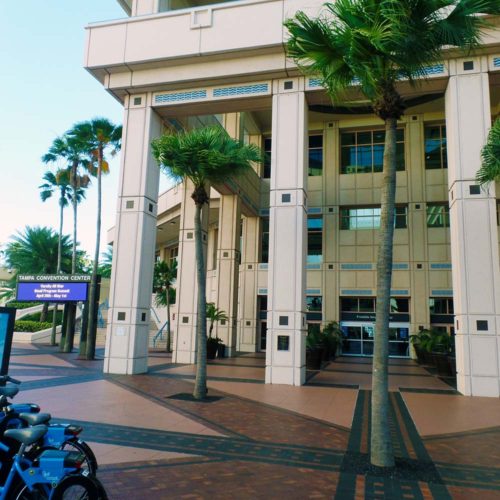
The Council itself was created in 1997 and brings together experts throughout the nation on monitoring and assessing all waters. The conference in Tampa was the 10th conference, which brings together professionals from federal, state, and local agencies as well as volunteer monitoring groups throughout the nation to present information on all types of monitoring, from stream water quality and ecology to coastal habitats and wildlife.
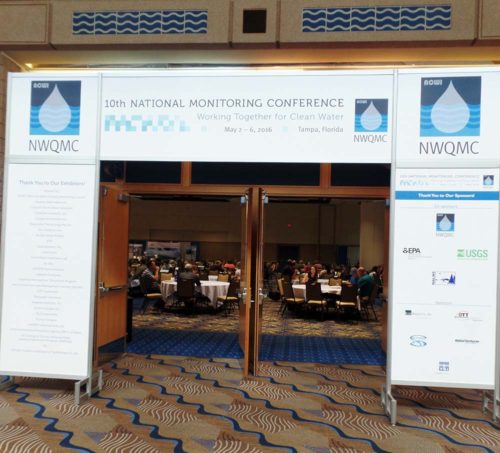
A really useful and interesting session during the conference is a Network Block, where you are pre-organized (based on answers given on your registration submission) into different working sessions.My working session then broke into three groups that talked about different aspects of volunteer monitoring data and how to incorporate it into federal and state agency work.
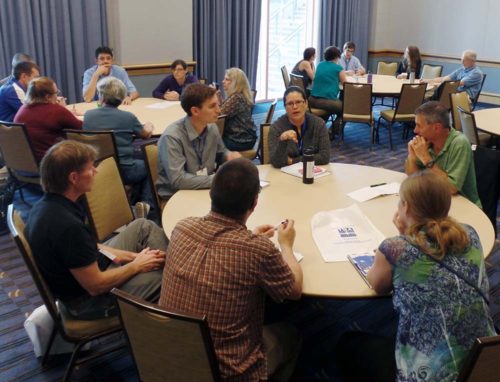
While the conference draws a lot of federal, state, and local agencies, it is also one of the main conferences for the volunteer monitoring community in the U.S. Our latest project, the Chesapeake Monitoring Cooperative, was presented during one of the sessions.
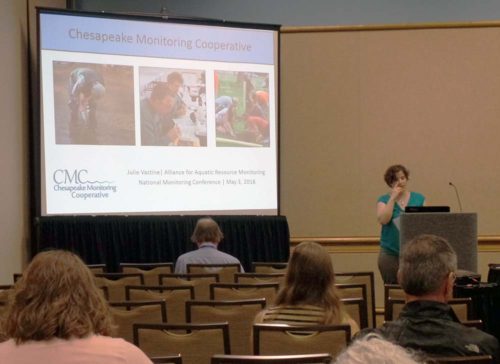
Additionally, the annual Volunteer Monitoring Meeting occurs at the conference. This meeting was a great way to meet folks from around the country who are involved with volunteer monitoring at the national level. During the meeting, participants learned about all the available resources that the Volunteer Monitoring Committee and the National Council provide. Then, different breakouts were convened to discuss different aspects of volunteer monitoring. This information will be summarized by the Volunteer Monitoring Committee and brought before the Council.
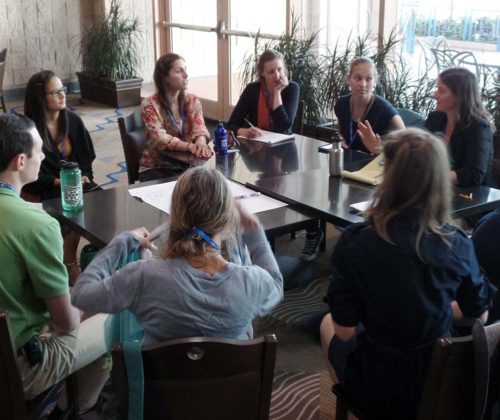
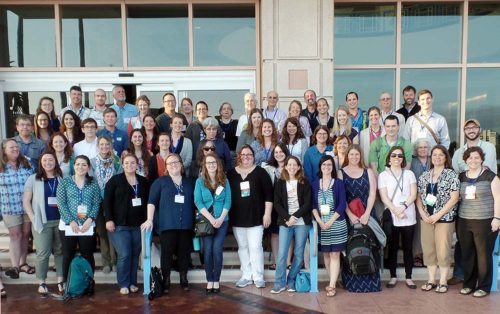
On the last day of the conference, I presented a short Science Communication Course for approximately 25 people. The session spanned two morning blocks, which was a great way for conference attendees to pick the different modules they were interested in. As with all our courses, participants were excited, interested, and had a lot of follow up with me after the course. I think they all wanted the coveted
In the end, the Conference was a great balance of individual presentations, plenary speakers, large group meetings, and workshop-like sessions. More importantly, the ability to bring together a variety of monitoring communities at one conference was a great aspect of the conference. I met new people, caught up with folks I hadn’t seen in years, and learned a great deal. I hope to see you at the next conference!
About the author
Caroline Donovan
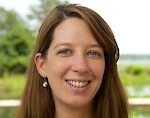
Ms. Caroline Donovan oversees program and project management, science communication, and data analysis at UMCES-IAN. She has over 15 years of experience with ecosystem health report cards, science communication products, stakeholder engagement, and citizen science and volunteer monitoring. Ms. Donovan has worked extensively in the fields of science integration and communication, facilitation, and program management and administration. Ms. Donovan received a Bachelor of Science in Biology from University of North Carolina - Wilmington in 2002 and a Master of Science in Biological Oceanography from University of Maryland - College Park in 2005.